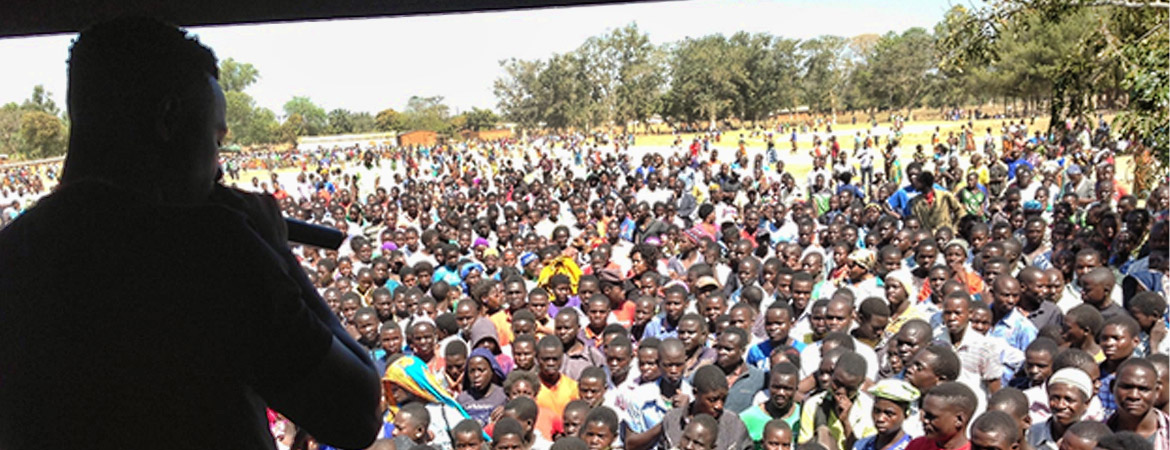The Project is being implemented in six districts of Mangochi, Salima, Chiradzulu, Dedza, Mchinji and Chikwawa. In Mangochi District the Project is being implemented in three traditional Authorities targeting four Educational Zones as follows: - T/A Chimwala (Chimwala zone), T/A Mponda (Boma Zone) and T/A Jalasi (Chiponde and Masongola zones). In Mchinji District the Project is being implemented in three Traditional Authorities targeting three Educational Zones as follows: - T/A Mkanda (Mkanda Zone), T/A Zulu (Kamwendo Zone), T/A Mlonyeni and T/A Zulu (Boma Zone). In Dedza District the Project is being implemented in two traditional Authorities targeting three Educational Zones as follows: -T/A Kasumbu (Boma and Kanyenda zones), T/A Kamenyagwaza (Bembeke and Boma zones). In Nkhatabay District, the Project is being implemented in two traditional Authorities targeting three Educational Zones as follows: - T/A Mkumbira (St Maria Goretti and Chisu zones), T/A Timbili (Mpamba zone). In Chiradzulu, the project is being implemented in T/A Mpama, Likoswe and STA Wonga, targeting 3 Educational zones of St Michaels (TA Mpama and Likoswe), PIM (T/A Mpama and STA Wonga), and Malavi (TA Likoswe) with a total of 31 primary schools and 11 Secondary schools.
Under this project, MAGGA’s main role is to create safe spaces for girls and provide them with comprehensive sexuality education including life skills and SRHR issues. The main objective of this program is to contribute to improved sexual and reproductive health status of young people with a special focus on adolescent girls. Activities implemented are aimed towards increasing adolescent girls and young women’s knowledge and skills towards adoption of protective behaviors and to safeguard them against sexually transmitted infections unintended pregnancy, unsafe abortions, early and child marriages and harmful cultural practices including sexual and gender based violence.
-
Key program activities include provision lf life skills based comprehensive sexuality education (CSE).
-
Social behavior change Communication (SBCC)
-
Strengthening coordination, documentation and dissemination of strategic information, lessons learned and good practices (significant change stories).


